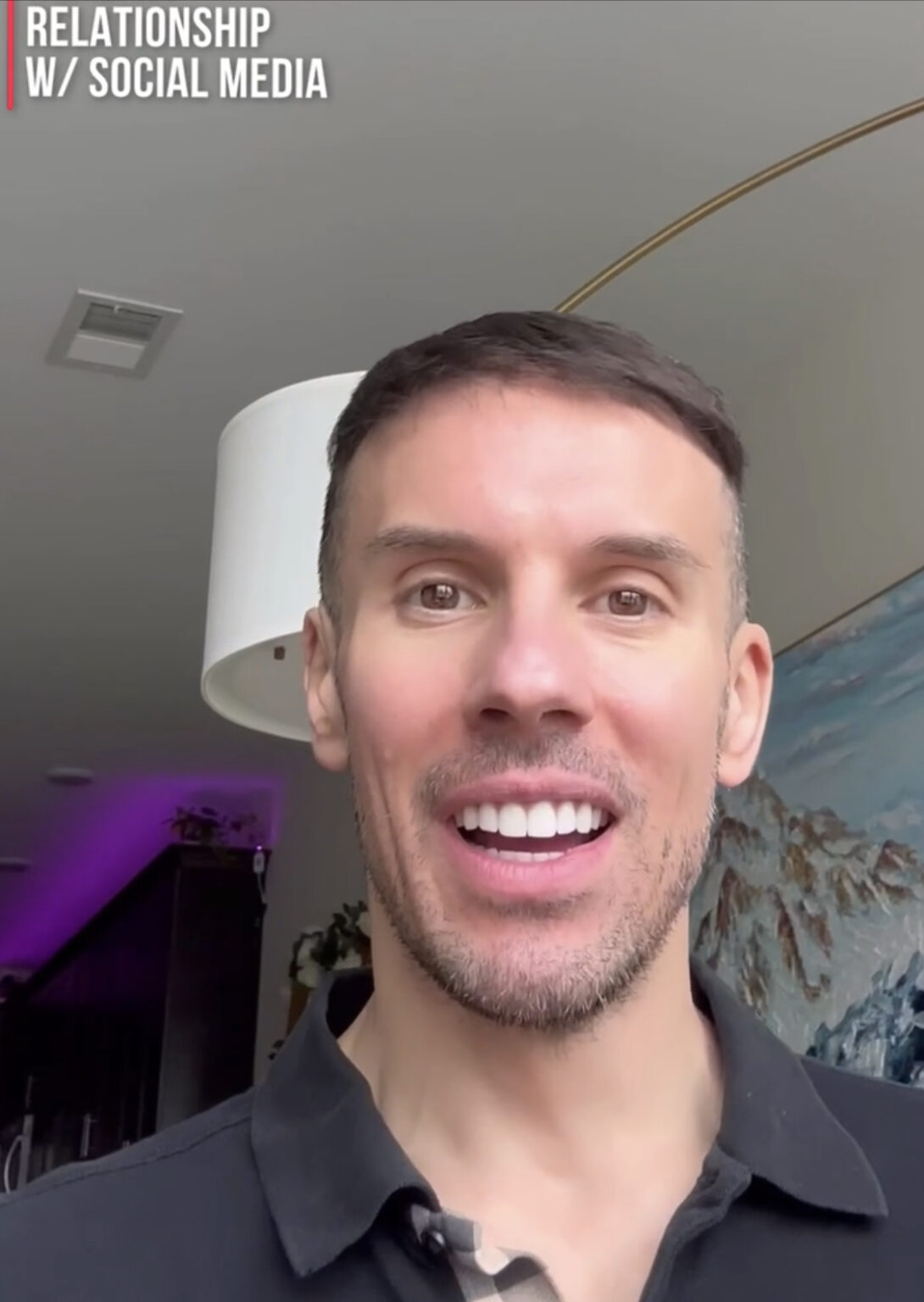
Having a healthy relationship with social media is essential for maintaining your overall well-being and mental health. Here are some tips to help you achieve that:
- Set clear intentions: Determine why you want to use social media and what you hope to gain from it. Reflect on whether your goals align with your values and whether social media is a positive tool in achieving those goals.
- Limit your usage: Establish boundaries by setting specific time limits for social media use. Allocate designated periods throughout the day to engage with social media, and avoid mindlessly scrolling for extended periods. Consider using apps or features that track and limit your usage.
- Curate your feed: Be mindful of the content you consume. Unfollow or mute accounts that consistently make you feel negative emotions or provoke comparison. Follow accounts that inspire and educate you, and seek out diverse perspectives to broaden your understanding.
- Be aware of your emotions: Pay attention to how you feel when using social media. If you notice feelings of jealousy, inadequacy, or anxiety, take a step back and evaluate whether the platform is contributing positively to your life. Consider taking breaks or reducing your usage if necessary.
- Practice digital detox: Regularly disconnect from social media and give yourself time to recharge. Designate periods, such as weekends or evenings, where you refrain from using social media altogether. Use this time for activities that promote mindfulness, self-care, and face-to-face interactions.
- Prioritize real-life connections: Remember that social media is not a substitute for real-life relationships. Invest time in nurturing your relationships offline and engage in activities that promote direct social interactions. Connect with loved ones through phone calls, video chats, or in-person meetings.
- Practice self-validation: Avoid seeking external validation solely through social media. Build your self-esteem and confidence from within by focusing on your personal achievements, values, and strengths. Remember that social media often presents a curated version of reality.
- Protect your privacy and security: Review your privacy settings regularly to ensure that you’re comfortable with the information you’re sharing. Be cautious about the personal details you disclose and exercise discretion when accepting friend or follow requests from strangers.
- Be mindful of your emotions: Cultivate self-awareness and be mindful of how social media affects your mood and mental state. If you notice a negative impact on your well-being, consider taking a break or seeking support from friends, family, or professionals.
- Seek support when needed: If you find it challenging to establish a healthy relationship with social media or if you’re experiencing negative effects on your mental health, don’t hesitate to seek help. Reach out to a therapist or counselor who can guide you in developing a balanced approach to social media usage.
Remember, social media can be a powerful tool for connection and self-expression when used consciously and in moderation. By being intentional and mindful in your engagement, you can foster a healthier relationship with social media.

